1. What went well?
 |
| Merry Christmas from Room 22! |
On the student-led side of things, they pretty much run the classroom. I give them their directions for activities and then they take off from there, leading themselves and each other. We have had discussions and role plays of how to help others make good choices in team work. The students announce and manage transitions and inspect the room for cleanliness and such. Around Thanksgiving, students began leading morning meeting. I post my lesson plans online and they are familiar with the format of morning meeting, so it seemed like a logical progression. It has gone pretty well so far. Another part of the student-led classroom was student-led conferences, which you can read more about here. It is hard to let go of control in the classroom, but it helps to empower the students and teach them how to self-manage.
Flipping the classroom has also been a great new endeavor. I wrote a piece on how I flip the classroom for Participate Learning, and I will write a longer post dedicated to my reflections on flipping the classroom in early 2016. Overall, parent and student reception has been very positive to it. I can target instruction better based on gauging their understanding from the prior night's video and help challenge or remediate students accordingly. Students actually create videos for each other, so that is another cool part I like about flipping the classroom because I can assess how well they know the material by their ability to teach others.
 |
| BreakoutEDU success! |
I have also taken great efforts to maintain a positive mindset, with the #FlyHighFri movement and the Friday Five calls. While not every day is perfectly positive, I have seen a big difference in my attitude this year.
Finally, my class is fantastic this year. I have been fortunate to have had two pretty great classes the past two years, and this class continues the pattern. They have impressed me with how well they have adapted to each other and the various changes from previous years. As with any class, there are some students who may be more challenging, but I have seen growth in all of them. They truly have lived up to our mantra: "We don't make excuses, we make changes."
2. What challenges did I face?
 |
| Coding during the Hour of Code |
Along with this, I am struggling with time management this year. I moved over the summer, so I now have a 35 minute commute each way. This isn't terrible, but I've never had to commute more than five minutes in my life to any job. I essentially lose over an hour every day to driving, (although I do enjoy the drives because I listen to podcasts and audiobooks.) However, between time being taken for meetings and other events, I have a hard time keeping up with grading. I used to be really good at turning around grades in a day or two, but now sometimes it takes me a week or more. I use my nights and weekends to develop engaging lesson plans, but the grading time seems to have been slid to the back burner. I am human and I recognize that I need to develop a better system.
 |
| Using Google Cardboard |
3. What are my resolutions for 2016?
I have consistently made resolutions for the past 15 or so years, but have a hard time following them. Hopefully by writing them down, whoever is reading this will hold me accountable.
 |
| Presenting at VSTE15 |
- I will continue to hold my students to high expectations: Sometimes, it is easier to say "good enough." Our second class motto is "Good enough is never good enough." I will continue to push all students to grow, both socially and academically.
- I will develop better systems for testing/grading and time management: These are two struggles I identified and they need to be improved. Using before/after school times and planning periods more efficiently will help me with this. I also want to eventually shift to standards based grading and giving feedback versus grades, but that is a long term goal.
- I will continue to develop professionally and look for new opportunities: This year, I co-founded the EduRoadTrip podcast and the #FlyHighFri positivity movement. I want to continue to create new things (including a major idea for another collaboration with Mari Venturino, but you'll have to wait and hear about that one) and continue to find the best fit for my philosophies and mindsets. I'll continue participating in Twitter chats and conferences to advance my knowledge base. One goal for 2016 Twitter is to have more real conversations on Twitter versus echoing all the fluff. I already have some professional development lined up in January- attending a Residential Weekend at Mt. Vernon and presenting at a #gafesummit!
- I will take more time for my personal life: This seems like a direct contrast to my previous resolution, but it's possibly the most important. Between school/commuting, EduRoadTrip, #FlyHighFri, Twitter, blogging, and other educational related things, I have been missing out on spending time with my girlfriend, cat, friends, and family. I will intentionally set aside time to strengthen these connections, because without those four, the rest does not matter. I also need to get back into a workout routine and take more time to relax. This also ties into better time management. Nothing will necessarily be eliminated, but more streamlined efficiency is necessary.
What are your reflections from 2015? What do you hope to achieve in 2016?








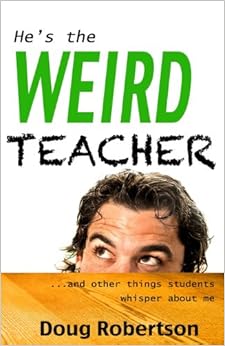
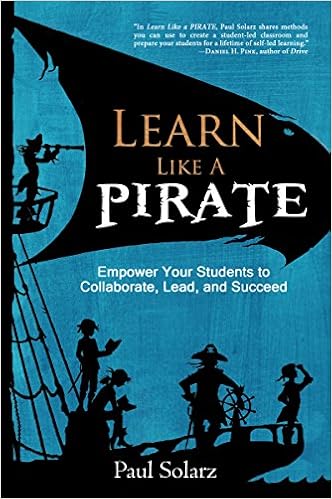
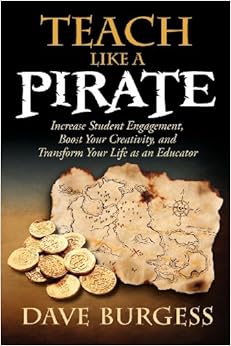
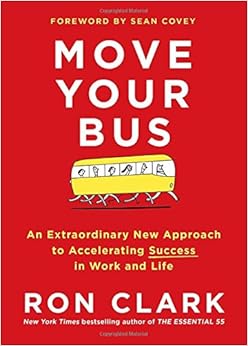
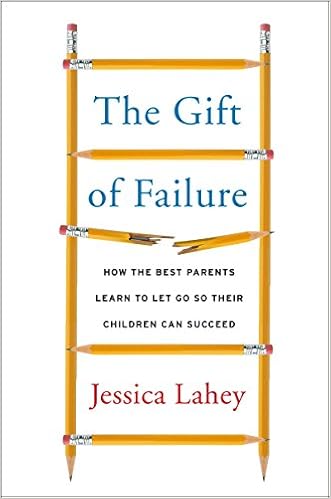



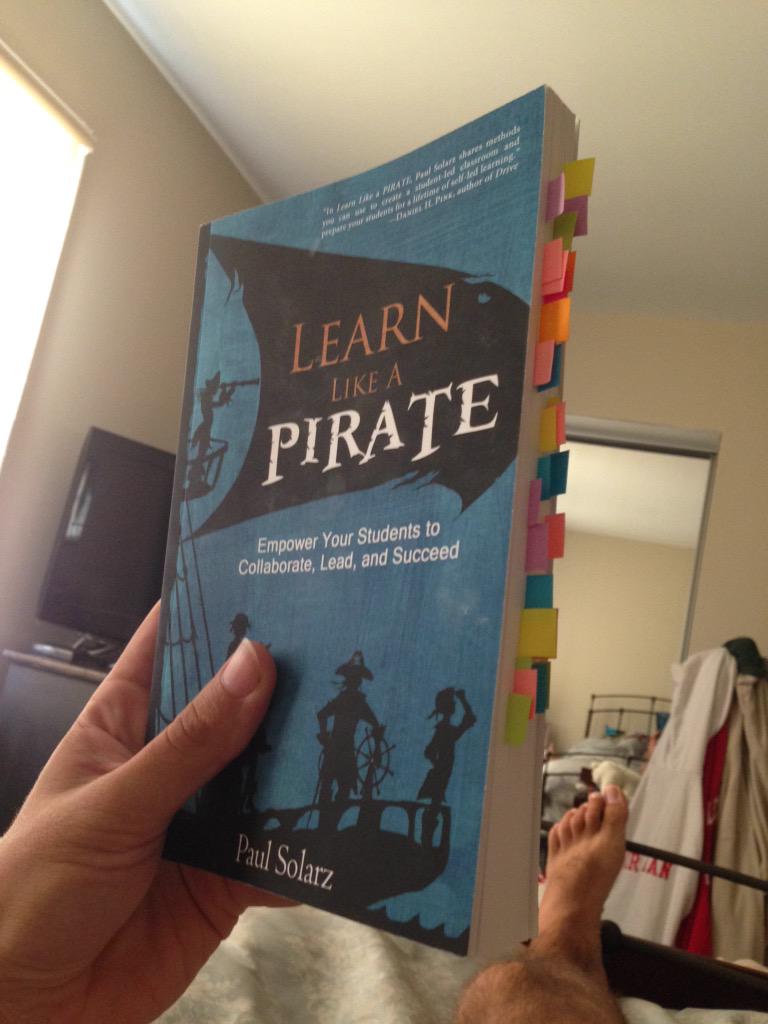

.jpg)








